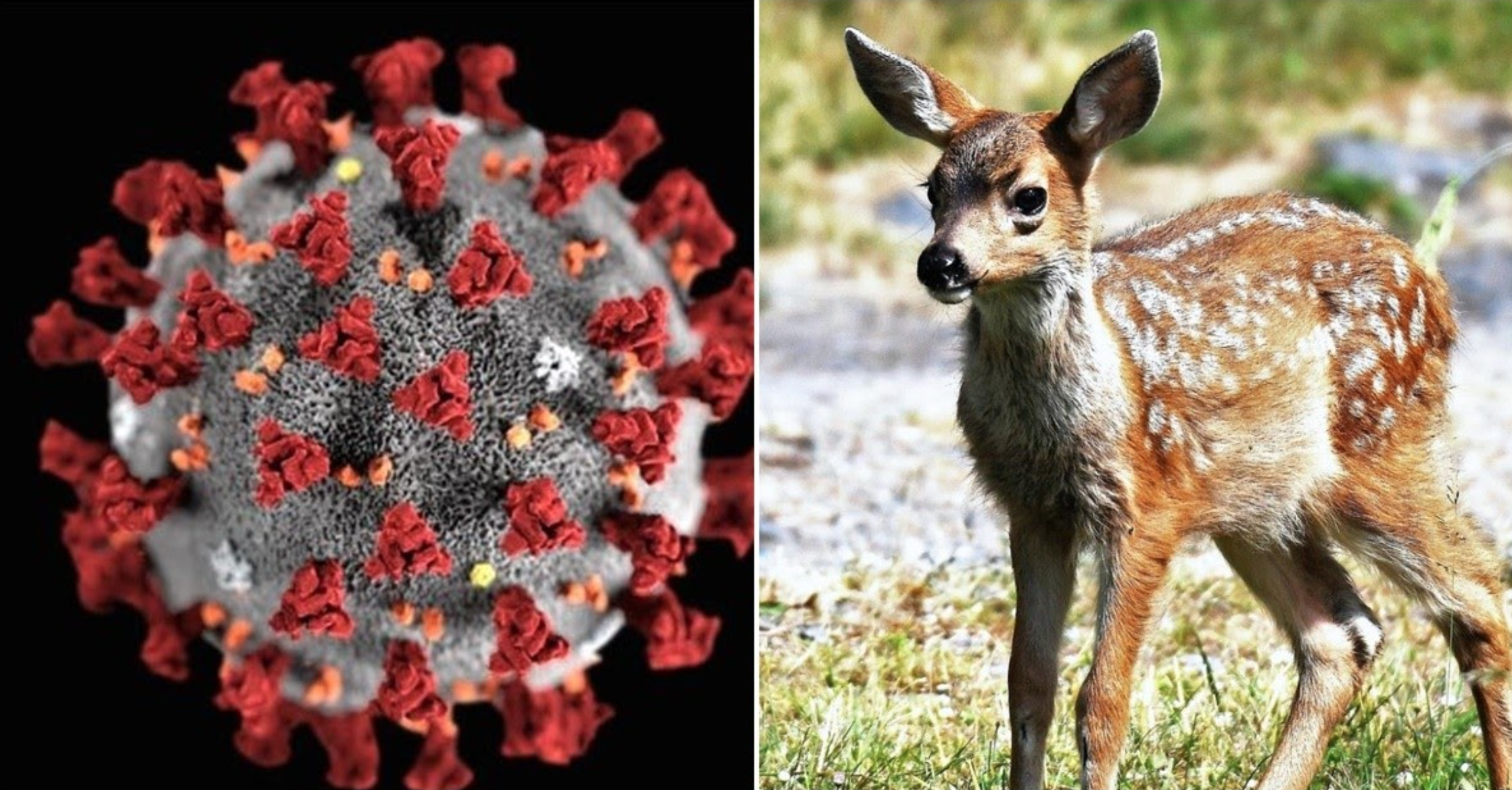40% of deer’s blood have COVID19 antibodies
Deers with blood haven’t seen any effect from coronavirus symptoms

[해외특파원 1기 / 이다올 기자] SARS, MERS, and COVID19 are all known as zoonotic diseases. Zoonotic diseases or zoonoses are caused by pathogens that can spread between animals and people. For example, the COVID19 virus was first identified in bats. Increased contact with bats in local Chinese markets transmitted the virus to humans, leading to a pandemic.
More than one-third of white-tailed deer, better known as a character in the Disney movie “Bambi”, have been infected with COVID19. It has not yet been proven that deer can transmit the coronavirus to other animals (including humans), however, there are concerns that large scales of wild animals are infected by viruses which could potentially lead to significant extinction of wildlife.
According to the International Journal Nature, “scientists examined blood collected from white-tailed deer in the northeastern U.S. and found that a third of them had antibodies against the coronavirus (SARS-CoV-2) and had been infected on a large scale in the past,”.
As part of a regular wildlife survey, Dr.Susan’s team of the U.S. Department of Agriculture examined 385 white-tailed deer blood samples in the Eastern U.S. from January to March, and surprisingly antibodies against the coronavirus were detected in 40%of them.
Researchers also detected SARS-CoV-2 antibodies in 3 deer blood samples collected last year. In total, one-third of the white-tailed deer blood samples collected last year and this year were found to have antibodies. The researchers stated that the deers were infected with the coronavirus while in contact with other animals or people. If the majority of wild animals were to be infected with the coronavirus, this will lead to rapid genetic mutations which in return will make it almost impossible for COVID19 to disappear in human life.
“The results showed for the first time that wild animals were exposed to the coronavirus widely,” said Professor Erinjay Banerj of the University of Saskatchewan in Canada. The results were released on BioArchive, a pre-publishing site for the thesis, on the 29th of last month, no formal examination of the paper has been conducted.





